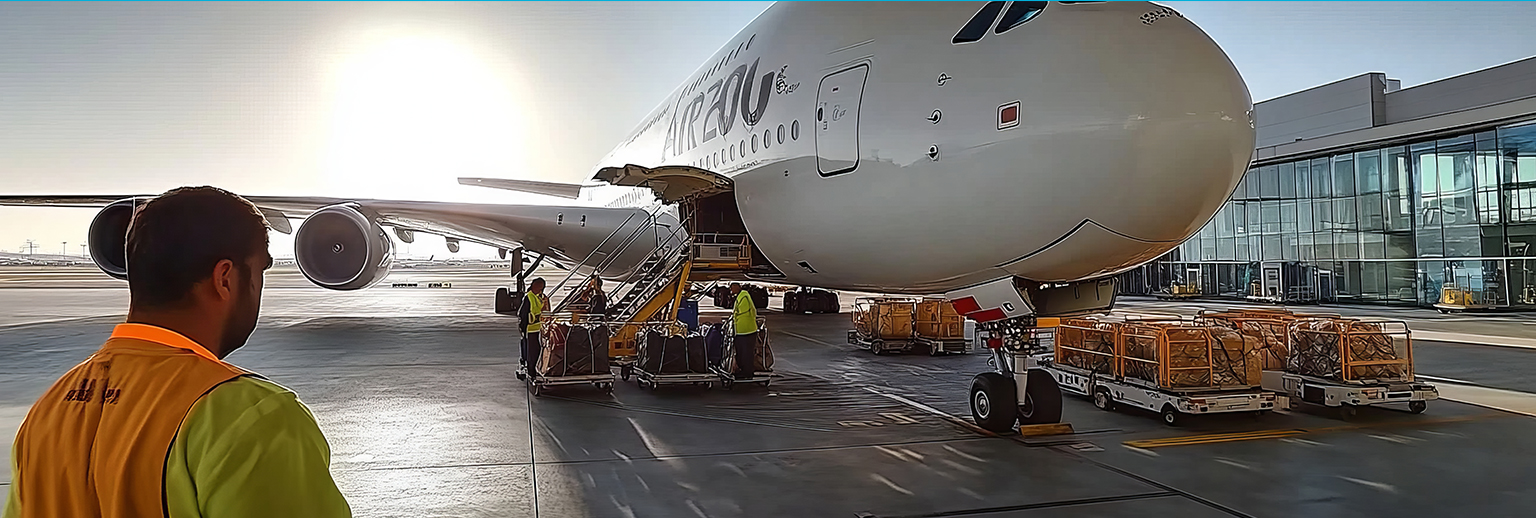
20 Aug Why data standardisation should be on every Airport CXO’s agenda?
Air cargo is one of the fastest-growing enablers of global trade, with market value projected to reach $175.6 billion by 2028 and a steady CAGR of 5.4 per cent since 2021. But as volumes rise, so do operational complexities from data silos and mismatched formats to costly manual processes.
For airport leaders, the real challenge is clear: how to scale capacity and profitability without adding inefficiency or cost. The answer lies in a strategic shift — industry-wide data standardisation embedded within advanced Airport Cargo Community Systems (ACS).
The importance of data standardisation
Adopting standardised data formats can significantly enhance operational efficiency and accuracy across various aspects of supply chain. By reducing manual entry errors by up to 30 per cent, organisations can improve data accuracy and consistency, which in turn minimises delays associated with incorrect information on weight, dimensions, and destinations.
Furthermore, streamlining operations and increasing throughput is achievable, as standardised data can cut average cargo handling time by 20-25 per cent, allowing for better resource allocation and responsiveness to real-time needs.
Enhanced communication and collaboration are also vital benefits, with a unified data structure improving teamwork by up to 40 per cent, facilitating integration with customs clearance and inventory management systems, and ultimately enhancing overall supply chain performance.
Additionally, the potential for cost reduction is significant, with standardised data lowering operational costs by 15-20 per cent and reducing demurrage and detention charges, leading to increased profitability.
Finally, uniform data formats play a crucial role in enhancing security and compliance, as they can decrease the risks of cargo theft or damage by up to 50 per cent and simplify adherence to industry regulations, ensuring compliance throughout the supply chain.
Challenges with legacy systems in Europe
Across Europe, many operators remain locked into rigid Airport Cargo Community System that lack integration capabilities. These silos prevent real-time data exchange, slow innovation, and keep the industry in reactive mode instead of enabling predictive, data-driven decision-making.
The competitive risk is significant — airports that modernise first will attract more cargo volumes by offering faster, more reliable services.
The strategic payoff
Data standardisation is no longer a technical project — it’s a profitability lever. For airport CXOs, the ROI equation is clear:
- Lower cost per shipment through automation
- Higher revenue capacity without expanding footprint
- Faster turnaround to win market share from slower competitors
Conclusion
The air cargo industry must embrace data standardisation through advanced Airport Cargo Community System to drive efficiency and profitability. By dismantling data silos and optimising supply chains, stakeholders can achieve greater visibility, improve communication, lower costs, and enhance overall performance. In a fast-paced world, the evolution of air cargo toward streamlined, data-driven operations are essential.
Read more on Airport Cargo Community System

